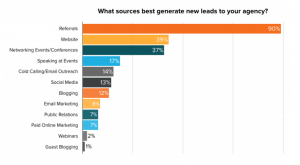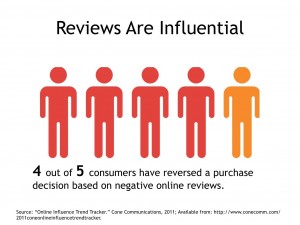Erasing The Dearly Departed: Where Does Their Online Data Go?
Publishing mavens may recall porno king Al Goldstein’s magazine called Death. The tagline was: “Bigger Than Life.”
That line has turned out to be all too true online. Computer Weekly cites research forecasting there will be 4.9 billion deceased users on Facebook by 2021 if the network continues expanding at its current rate.
Those digital footprints are the subject of All The Ghosts In The Machine, a book by psychologist Elaine Kasket. (Yes, that’s her name, and we’ve yet to find a source saying it’s a non de plume).
Kasket argues that when people die, their data about is no longer covered by data protection regulations. And that raises issues for the living, Computer Weekly reports.
“How can you access a dead person’s message thread without accessing a whole load of information about people the deceased was connected to?” Kasket asks in an interview.
She adds: “Businesses can mine it for market insight and use it to train new AI algorithms. Retaining data about the deceased is also a way to keep people staying connected on Facebook, because all your history is on the site.”
In effect, Kasket is calling for a GDPR for dead people.
Here’s another issue from the purely mercenary side — channels may be selling circulation that no longer exists.
Many email lists are also cluttered with the names of the departed.
In theory, you can match against a deceased file to eliminate those who are no longer with us. But those lists are hardly foolproof. That’s why mothers get emails wishing happy birthday to a child who has just died.
Newly bereaved families may lack the focus and the passwords needed to take down social media accounts or access their loved one’s emails.
That challenge was at the center of a decade-long legal dispute. John Ajemian was killed in an accident in 2006 and his family was denied access to his Yahoo email account because, not expecting to die young, Ajemian neglected to make a provision in his will.
The family sued, and Yahoo defended its position vigorously, citing the Stored Communications Act (SCA).
A Massachusetts court ruled that SCA did not apply here, and in 2018 the U.S. Supreme Court declined to hear Yahoo’s appeal. This did not mean Yahoo had to turn over the email account.
Death magazine noted that death does not rank with sliced bread and flush toilets in popularity.
What happened to Death? After two or three issues, it died.
(31)







